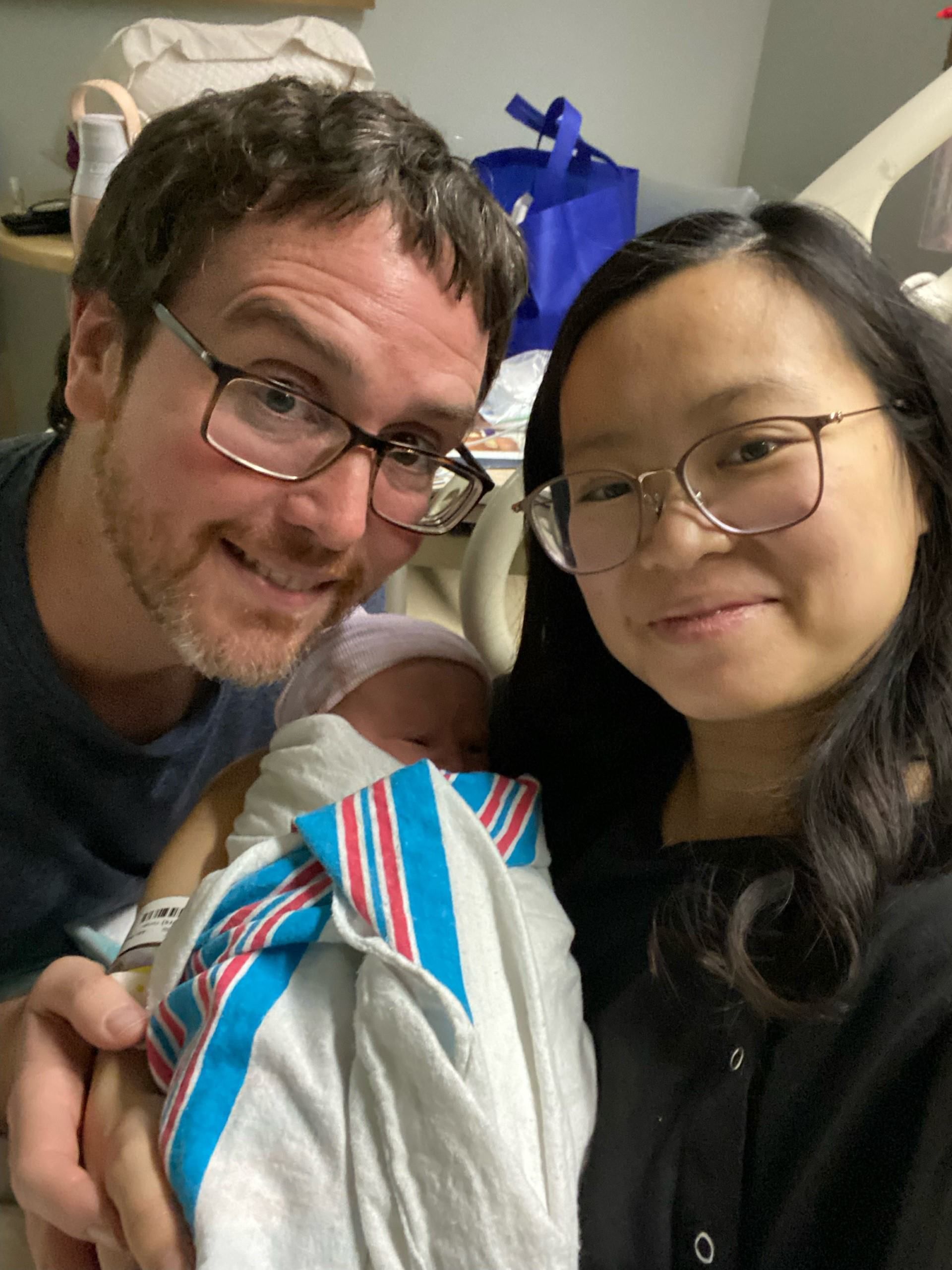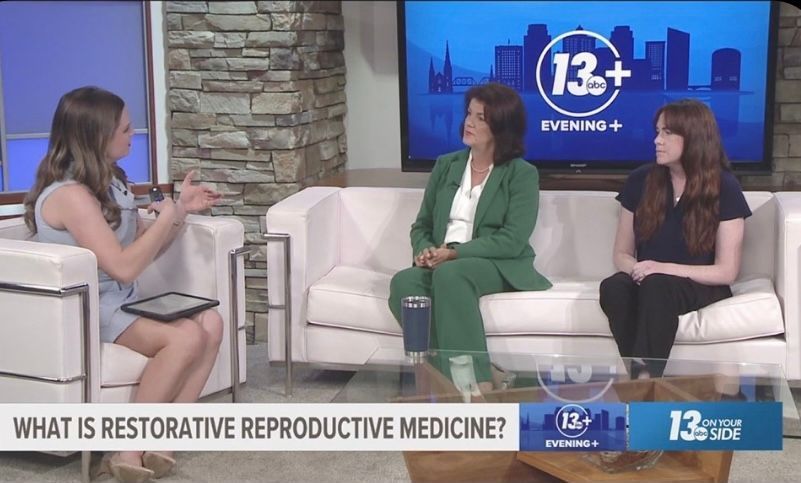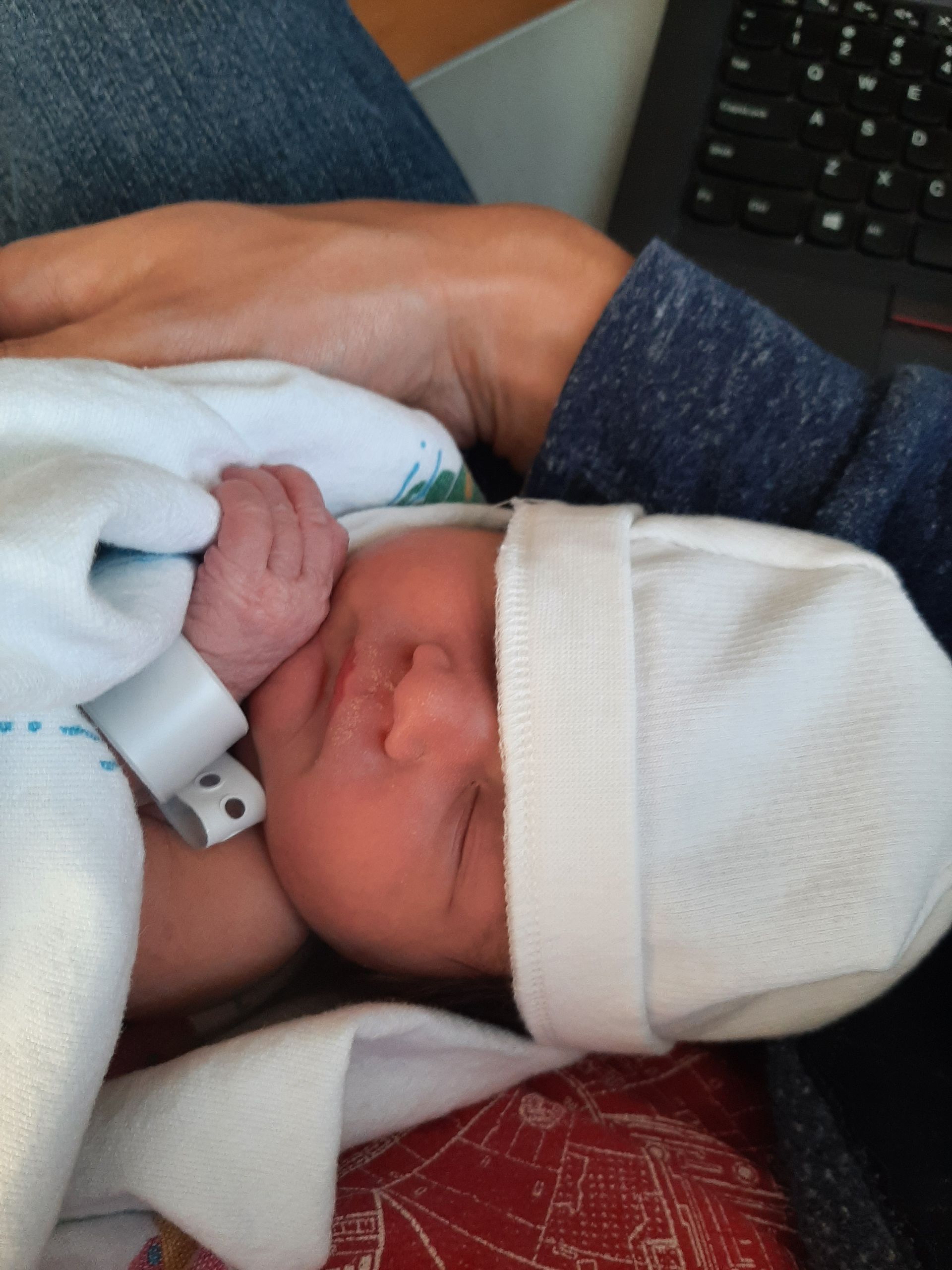LIVING & LOVING, NATURALLY – ONE COUPLE’S PERSPECTIVE
Kelsey and Eddie D. are a couple in their late 20s who love to live as naturally and sustainably as possible. They grow many of their own foods, shop local, and limit toxic chemicals in their cleaning and hygiene products. When it comes to their reproductive health, conversations with friends and their own research led them to Reply in 2015, where they learned to chart the signs of Kelsey’s fertility through the Sensiplan method in order to avoid pregnancy naturally. Eddie says: “We chose Sensiplan over other methods of family planning because of the opportunity to empower our decision making for intimacy with the knowledge of fertility cycles. Plus, Sensiplan is the only fertility awareness method taught in the Triangle area that is strictly evidence-based and has a strong foundation in European countries.”
Kelsey also appreciates that Sensiplan is a method of family planning that keeps Eddie involved. With Sensiplan, and any method of fertility awareness, you can’t simply “set it and forget it.” It requires daily communication and cooperation from both members of a couple. As a result, Kelsey says she feels that Eddie is more in tune with her. “The rewards of being disciplined and educated are enormous,” says Kelsey.
“Now, two years later, I can say that using the Sensiplan method has made our relationship stronger and each of us much smarter about our bodies. And bonus – I really appreciate not having to take drugs every day.” Eddie adds: “Being able to predict the fertility cycle in my wife has been an amazing experience and impacts our intimacy, fun, and health in a positive way.”
The only thing they wish is that more couples knew about fertility awareness! Kelsey says: “Learning how to observe the signs of your fertility should be a standard part of all sex education.”
We agree, Kelsey!
To learn more about fertility awareness and Sensiplan or to schedule an appointment, please call us at
919.230.2100 or visit our
Become a Patient page.











